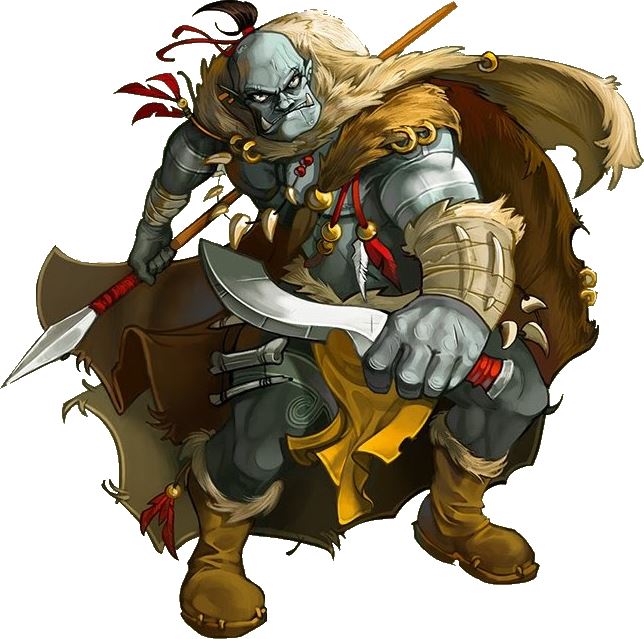

As it stands, someone has to read it aloud to the table which seems like a missed opportunity to further use the app to increase immersion. Now, this does roll up into a criticism I have with the game, and that is that I wish that all of the narrative text were spoken in the app. The difference is that the reading is on the screen. There is no more reading in the app than there is in a typical FFG or any game with a scenario book or cards. Myth #2 – “There’s too much reading” – Absolute bullshit. This was one of the weirder review comments I’ve seen, and not just because the man delivering it was dressed like Fozzie Bear. And don’t get me started on the Luddites who are terrified that they won’t be able to play this game in 20 years if the app disappears. But it never once feels like playing an “app game” like some of the more asinine detractors have suggested. Further, it also makes all the “downtime” activities like on-trend crafting and between session item management easy and self- contained. The app also enables a much more robust type of scenario development, with surprise turns of events and a much stronger sense of exploration than we’ve seen in past games in this genre. You are still doing exactly the same kinds of things and making the same kinds of decisions you would do in Descent 2 nd edition, but you aren’t bogged down with admin work. Myth #1 – “It’s a video game, not an app!”- Absolute bullshit. The app, which is an evolution of what we’ve already seen FFG do with Mansions of Madness and Journeys in Middle Earth, is not “75% of the game” as some armchair analysts out there have suggested and in fact I’ve found that offloading the really boring administrative stuff like triaging enemy activations and remembering special abilities (neither of which are gameplay, by the way) to the app has made the on-the-table play more engaging, exciting, and fun. All these “myths” have emerged about the game, so I’m going to dismantle them. Which is kind of a common theme among the negative comments, including all the pre-release BGG ratings of 1- most of the folks who don’t like this game simply haven’t played it. I suspect that at least one name reviewer just tapped through the scenarios in the app without actually playing them. This storm of negativity culminated in a couple of high profile reviewers posting middling reviews that, to my mind, showed these people to be behind the times, resistant to change, and quite honestly not very experienced with actually playing the game. And then the coded ire toward the diverse, inclusive character artwork started to creep in to the discussion, as did some folks who couldn't handle the psychic shock of seeing the name of a female lead designer on the box.

Then there were the smug jackasses tapping out “HARD PASS” on their iPhones and tablets due to the fact that it’s an app-based game. Moronic “fans” posted idiotic messages to forums – please read this in the whiniest, most entitled manchild voice you can - “why don’t they just reprint 2 nd edition” or “we can only hope that this game fails so they will do a REAL 3 rd edition”. FFG released a not-so-great live play that caused middle aged white men to take to YouTube, pensively lamenting that this could be the death of the Descent brand. When the art was revealed and the app, there was wailing and gnashing of teeth.

When it was first announced, the internet dogpiling started. I’d rather take a different approach for the remainder of my time here. Five stars, all the way.Īlright, so that’s all I’m going to give in terms of my review, don’t wait around for the rules summary. The app is brilliant to the point where I don’t think I ever want to play a game like this with a card-based AI or whatever again. It is a lighter but better game than Gloomhaven, yet it still provides an epic campaign with lots of surprises and unexpected turns. The mechanisms, particularly the way it handles strategic fatigue management, are engaging and the narratives it creates are always delightful, specific, and creative offering so much more in terms of story and character than what previous board games in this design space have managed to muster, even when leveraging mountains of junk components and cruft scenarios. It is a tremendous success – for the first time ever, a board game actually feels like a D&D session. It is the best and most important game released by a major publisher in 2021, and it is the new standard by which I will judge all future dungeon crawl or RPG style board games. Here’s my review of Descent: Legends of the Dark.


 0 kommentar(er)
0 kommentar(er)
